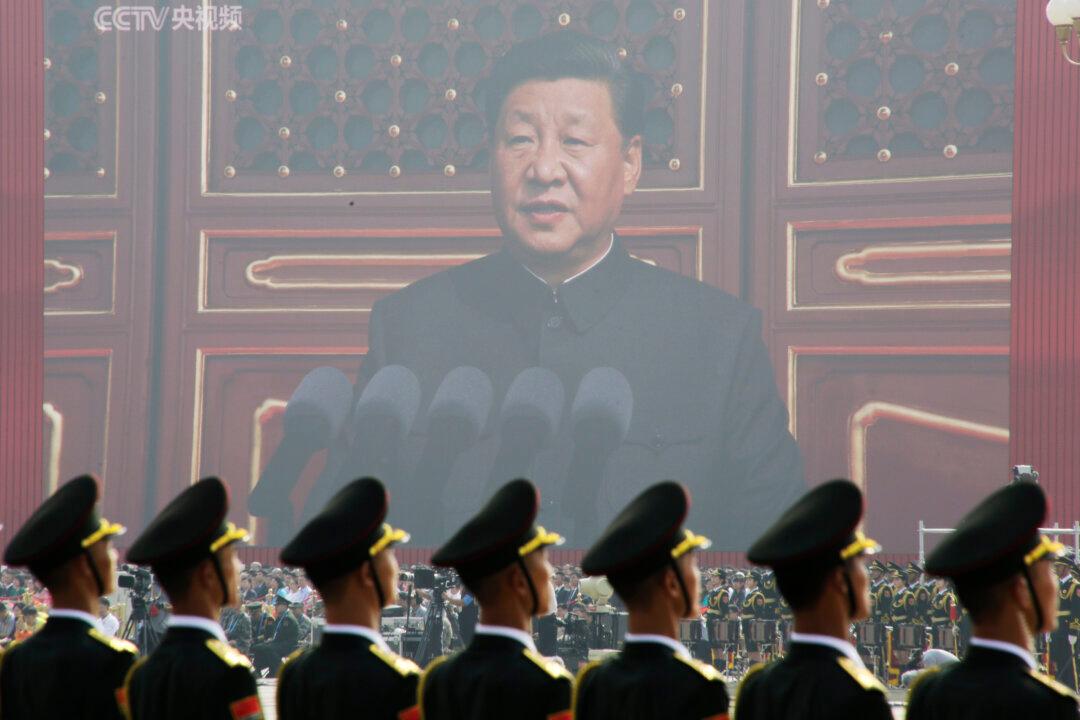Commentary
The Chinese Communist Party (CCP) is steeped in numerology as it seeks to convey legitimacy by merging traditional Chinese lucky numbers with crackpot communist policies imposed on the unsuspecting Chinese people.

The Chinese Communist Party (CCP) is steeped in numerology as it seeks to convey legitimacy by merging traditional Chinese lucky numbers with crackpot communist policies imposed on the unsuspecting Chinese people.